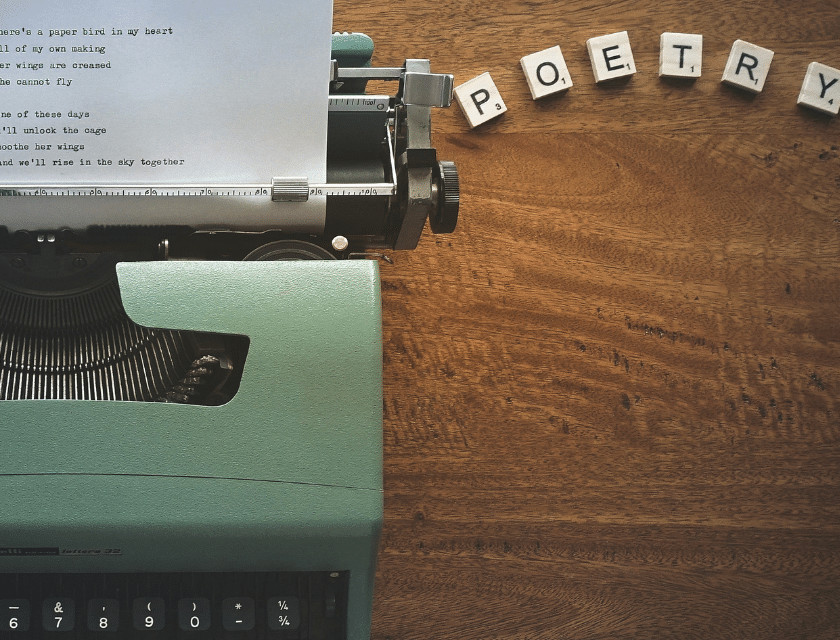In this article, we explore the idea of poetry vs prose, highlighting their unique qualities and uses. Whether you’re studying literature or just curious about the craft of writing, understanding these two forms can deepen your appreciation of storytelling in all its forms, so we’re exploring 10 differences between prose and poetry
Poetry is an art form that has been cherished for centuries. It’s a powerful way to express thought and emotion through language, often crafted with rhythm, sound, and vivid imagery. From sonnets and haikus to free verse and ballads, poetry takes many shapes, each inviting the reader to experience language differently. But what exactly sets poetry apart from prose?
Poetry vs Prose: 10 Differences Between Prose and Poetry
Understanding the 10 differences between prose and poetry can help you recognise not just how they’re structured, but how they shape meaning and emotion in language.
1. Structure
Prose follows a grammatical structure using sentences and paragraphs. Poetry is often divided into lines and stanzas, which may not follow traditional syntax or punctuation rules.
2. Rhythm and Meter
Prose reflects the natural patterns of speech and tends to flow without a specific beat. Poetry often uses meter—a regular pattern of stressed and unstressed syllables—to create musicality. However, as poetry is so flexible, this and other observations in our poetry vs prose list should be taken with a pinch of salt!
3. Language
Prose uses language literally and directly. Poetry tends to rely on figurative language such as metaphor, simile, personification, and symbolism to layer meaning and evoke emotion.
4. Purpose
Prose generally aims to inform, narrate, or argue. Poetry, while it can tell stories or convey information, is more often focused on evoking emotion, mood, or reflection.
5. Brevity
Poetry often compresses complex ideas into fewer words, using techniques like enjambment, repetition, and allusion. Prose typically explains in more detail and at greater length. However, like any point in the poetry vs prose list, this isn’t always the case – some poems are tens of thousands of words long!
6. Visual Appearance
Prose is uniform in its appearance on the page—blocks of text with justified alignment. Poetry can use visual structure creatively, with line breaks, spacing, and indentation contributing to meaning.
7. Rhyme
Prose rarely uses rhyme. Poetry often features rhyme schemes, whether end rhyme, internal rhyme, or slant rhyme, to enhance sound and cohesion.
8. Narrative Voice
Prose tends to use a consistent narrative voice—first-person, third-person, etc.—depending on the genre. Poetry can shift voice or perspective more fluidly, often slipping into the abstract or symbolic.
9. Reading Experience
Reading prose is typically more straightforward and linear. Poetry invites the reader to pause, reread, and interpret multiple layers of meaning, often rewarding close reading with deeper insight.
10. Emotional Impact
Prose may build emotion gradually through plot and character development. Poetry often aims to evoke an immediate emotional or aesthetic response through concentrated language and imagery.
By exploring these 10 differences between prose and poetry, we see how each form offers distinct possibilities for writers and readers. Both can be powerful vehicles for storytelling and self-expression—but they do so through very different approaches to language, structure, and rhythm.
If you’re preparing for a future in English Literature or just want to engage more deeply with writing, exploring poetry vs prose is a great place to start.
Are you interested in studying English Literature at university? Our pre-university courses are designed to help you build subject knowledge, develop critical thinking skills, and experience the academic style of teaching at one of the world’s top institutions.
Join the Immerse Education 2025 Essay Competition
Follow the instructions to write and submit your best essay for a chance to be awarded a 100% scholarship.






















